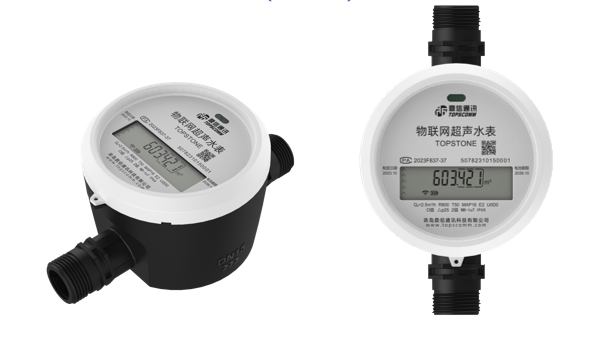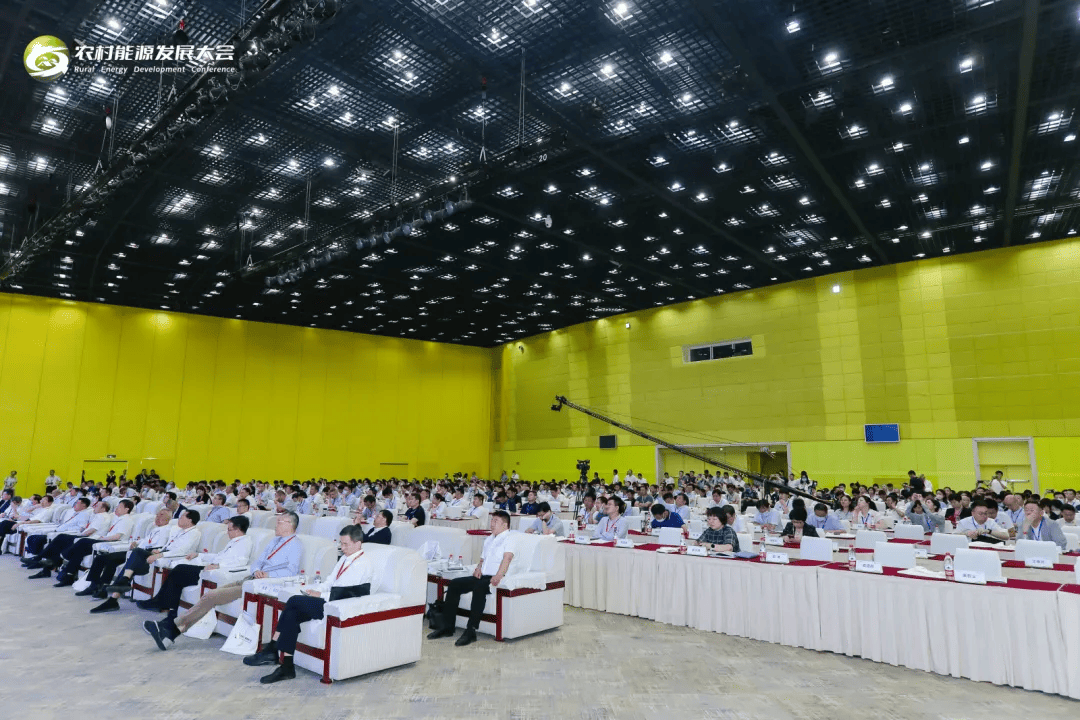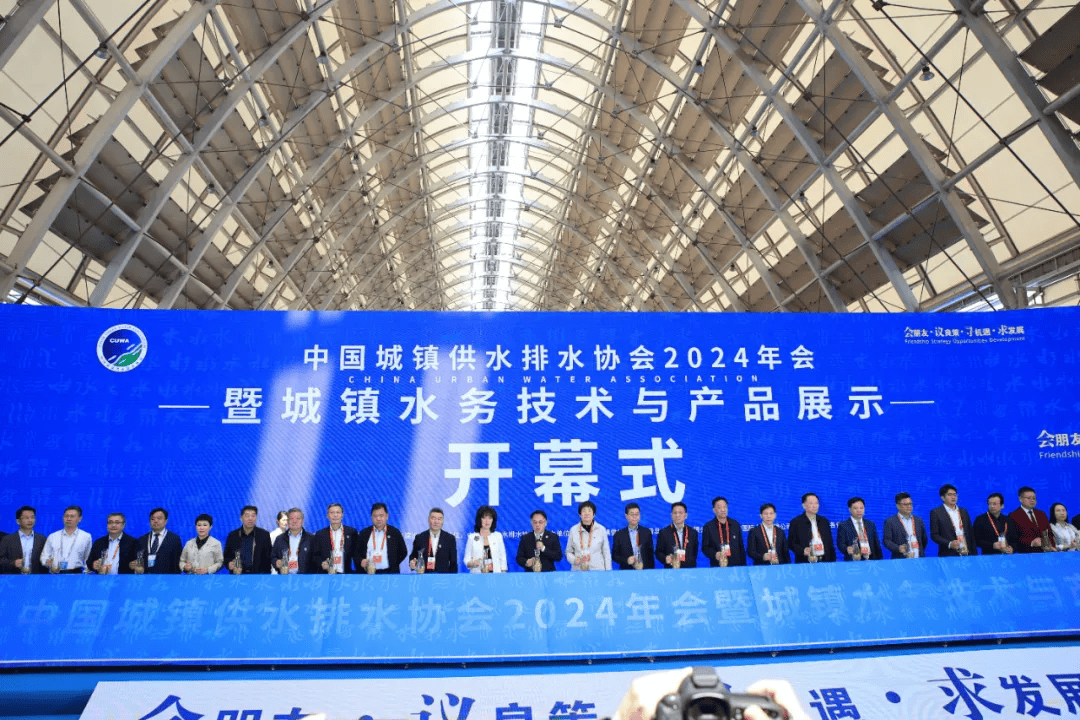Transforming Urban Water Management Through Digital Innovation
Urban water management faces unprecedented challenges in the modern era. As cities grow and climate patterns shift, the need for efficient water resource management becomes increasingly critical. Smart water meters represent a revolutionary step forward in how municipalities monitor, manage, and conserve their water resources. These innovative devices are transforming the way cities handle water distribution, detect leaks, and engage with consumers about their water usage patterns.
Traditional water metering systems have served cities well for decades, but they come with significant limitations. Manual readings are time-consuming, prone to human error, and provide only periodic glimpses into water consumption patterns. In contrast, smart water meters offer real-time data collection, automated monitoring, and sophisticated analytics that enable cities to make informed decisions about their water resources.
Core Components and Functionality of Smart Water Metering Systems
Advanced Metering Infrastructure
At the heart of smart water meters lies the Advanced Metering Infrastructure (AMI), a comprehensive network of integrated devices and communications systems. This infrastructure includes the physical meters installed at properties, data collection units, and central management software. The AMI enables automated meter reading, two-way communication between utilities and meters, and real-time data transmission.
The communication network supporting smart water meters typically employs radio frequency or cellular technology to transmit data. This enables utilities to collect consumption data at frequent intervals without sending personnel into the field. The system can also receive commands from the central facility, allowing for remote configuration and management of the meters.
Data Analytics and Management Platforms
Smart water meters generate vast amounts of data that require sophisticated management systems. These platforms process raw data into actionable insights, helping utilities identify consumption patterns, predict demand, and detect anomalies. Advanced analytics tools can forecast water usage trends, helping cities plan infrastructure improvements and conservation initiatives more effectively.
The management software typically includes user-friendly dashboards that display key performance indicators, consumption metrics, and system alerts. This enables utility managers to quickly assess system status and make informed decisions about resource allocation and maintenance priorities.
Benefits of Smart Water Meter Implementation
Enhanced Leak Detection and Prevention
One of the most significant advantages of smart water meters is their ability to detect leaks quickly and accurately. The systems can identify unusual consumption patterns that might indicate a leak, allowing utilities to address issues before they become major problems. This capability can save cities millions of gallons of water annually and prevent costly infrastructure damage.
Advanced algorithms analyze consumption data to differentiate between normal usage variations and potential leaks. When suspicious patterns are detected, the system can automatically generate alerts, enabling rapid response from maintenance teams. This proactive approach to leak management significantly reduces water loss and associated costs.
Improved Customer Service and Engagement
Smart water meters enhance the relationship between utilities and their customers through increased transparency and communication. Many systems include customer portals where residents can view their water usage in real-time, set consumption alerts, and access detailed historical data. This empowers consumers to better understand and manage their water usage.
The availability of detailed consumption data also helps utilities resolve billing disputes more efficiently. Instead of relying on estimated readings or manual checks, customer service representatives can access accurate, time-stamped usage data to address customer concerns promptly and accurately.

Implementation Strategies and Considerations
Planning and Infrastructure Assessment
Successful deployment of smart water meters requires careful planning and evaluation of existing infrastructure. Cities must assess their current water distribution network, communications infrastructure, and data management capabilities. This assessment helps identify potential challenges and necessary upgrades before implementation begins.
A phased implementation approach often proves most effective, allowing utilities to test and refine their systems while minimizing disruption to service. This approach also helps distribute the financial investment over time and provides opportunities to incorporate lessons learned from early deployments.
Staff Training and System Integration
The transition to smart water meters requires comprehensive training programs for utility staff. Employees need to understand not only how to operate and maintain the new equipment but also how to interpret and act on the data it provides. This includes training for customer service representatives who will need to explain the new system to consumers and address their questions.
Integration with existing utility management systems is crucial for maximizing the benefits of smart water meters. This includes billing systems, customer relationship management platforms, and asset management software. Proper integration ensures smooth data flow and enables utilities to leverage the full capabilities of their smart metering investment.
Future Trends and Innovations
Artificial Intelligence and Machine Learning Applications
The future of smart water meters lies in the integration of artificial intelligence and machine learning technologies. These advanced systems will be capable of more sophisticated pattern recognition, predictive maintenance, and automated decision-making. AI-powered algorithms will help utilities optimize water distribution networks and predict potential system failures before they occur.
Machine learning models will continuously improve their accuracy as they process more data, leading to increasingly precise consumption forecasts and leak detection capabilities. This will enable cities to manage their water resources with unprecedented efficiency and accuracy.
Internet of Things Integration
The integration of smart water meters with broader Internet of Things (IoT) networks will create new opportunities for comprehensive urban resource management. Connected sensors throughout the water distribution network will provide additional data points, enabling more detailed analysis of system performance and environmental impacts.
This expanded connectivity will facilitate better coordination between different urban systems, such as energy management and environmental monitoring. The result will be more efficient and sustainable cities that can better serve their residents while conserving precious water resources.
Frequently Asked Questions
What is the typical return on investment for smart water meter implementation?
The return on investment for smart water meters typically ranges from 3 to 5 years, depending on factors such as system size, implementation costs, and existing infrastructure. Cities often see returns through reduced water loss, lower operational costs, and improved revenue collection.
How do smart water meters benefit residential consumers?
Residential consumers benefit from smart water meters through more accurate billing, real-time usage monitoring, early leak detection, and the ability to better manage their water consumption. Many systems provide mobile apps or web portals where consumers can track their usage and receive alerts about potential problems.
Are smart water meters secure against cyber threats?
Smart water meters incorporate multiple security measures, including data encryption, secure communication protocols, and regular security updates. Utilities typically implement comprehensive cybersecurity strategies to protect their systems from unauthorized access and maintain the integrity of their water infrastructure.







